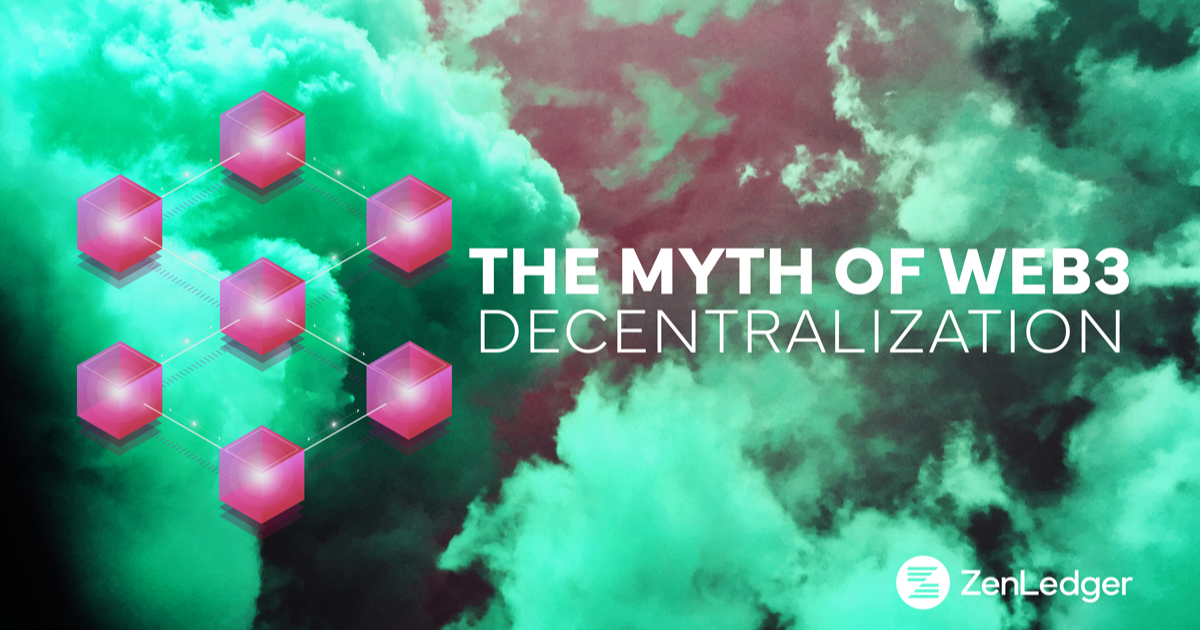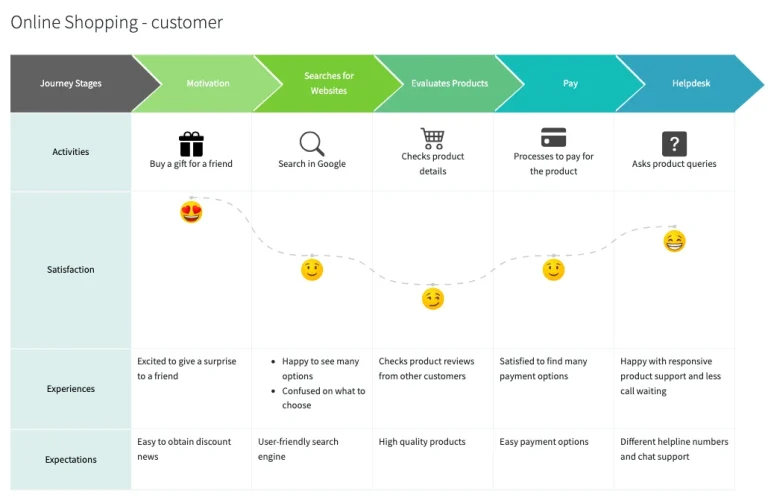
In the ever-evolving digital landscape, the rise of Web3 is reshaping how we think about online presence, data ownership, and search engine optimization (SEO). As decentralized websites (dWebsites) become more prevalent, traditional SEO strategies must adapt to this new paradigm. This article explores what decentralized web SEO entails, why it matters in 2025, and how you can prepare your content and website for a future dominated by distributed indexing.
What Is Decentralized Web SEO and Why It Matters
Decentralized Web SEO refers to the practice of optimizing websites built on blockchain technology and peer-to-peer networks for visibility across decentralized search engines. Unlike traditional SEO, which relies on centralized platforms like Google, decentralized SEO involves adapting to the unique structure of Web3, where content is stored on distributed networks such as IPFS (InterPlanetary File System) and indexed through blockchain-based algorithms.
The key difference lies in the decentralized nature of these platforms. Traditional SEO focuses on keyword relevance, backlinks, and user engagement metrics, but in Web3, the focus shifts toward transparency, trust, and community-driven value. Search engines in this space, like Presearch and YaCy, prioritize privacy, user control, and decentralized governance, making it essential for content creators and marketers to rethink their approach.
For example, a dWebsite built on Ethereum may use smart contracts to automate link-building or reward users for contributing to the network. These mechanics require new SEO techniques that align with the ethos of Web3—emphasizing node reputation, content authenticity, and community engagement.
How Decentralized Web SEO Impacts SEO Performance
The shift to Web3 brings both challenges and opportunities for SEO professionals. Here’s how decentralized web SEO affects performance:
1. Semantic Search and AI-Driven Ranking
Web3 search engines will rely heavily on natural language processing (NLP) and AI to understand context, user intent, and the meaning behind queries. This means content must be written with depth, relevance, and clarity rather than just keyword stuffing. Structured data (schema markup) becomes even more critical, as it helps AI-powered crawlers interpret your content accurately.
2. User-Generated Content and Community Trust
In a decentralized ecosystem, user-generated content (UGC) plays a central role. Communities on platforms like Discord, Telegram, or blockchain forums influence what gets seen and shared. SEO success in Web3 depends on building trust and authority within these communities, not just ranking high on centralized search engines.
3. New Ranking Factors
Traditional ranking factors like backlinks are evolving into node reputation and decentralized authority. A dWebsite’s visibility might depend on how many nodes it connects with, how often it’s referenced in decentralized networks, and how well it aligns with community values.
4. Voice and Multimodal Search
With the rise of voice assistants and multimodal search, content must be optimized for conversational queries and visual content. In Web3, this could mean creating interactive experiences, AR/VR content, or video tutorials that resonate with decentralized audiences.
Step-by-Step Implementation Framework
To effectively implement decentralized web SEO, follow this structured approach:
1. Define or Audit the Current Situation
Start by analyzing your current website or dWebsite. Identify:
– Which platforms it’s hosted on (e.g., IPFS, Ethereum).
– Whether it uses blockchain-based tools for analytics or content distribution.
– The level of community engagement and node participation.
2. Apply Tools, Methods, or Tactics
Use the following strategies:
– Blockchain Integration: Add blockchain-based verification to your content (e.g., using IPFS hashes or NFT metadata).
– Smart Contract Automation: Use smart contracts to automate link-building agreements or content distribution.
– Community Engagement: Join blockchain forums, Discord groups, or open-source projects to build relationships and promote your content.
3. Measure, Analyze, and Optimize
Track performance using decentralized analytics tools like Covalent or Dune Analytics. Monitor:
– Node activity and network participation.
– User engagement metrics (e.g., time spent, interactions).
– Traffic from decentralized search engines.
Optimize based on insights, focusing on improving transparency, user experience, and community alignment.
Real or Hypothetical Case Study
Let’s consider a hypothetical dWebsite built on the Ethereum blockchain offering a decentralized lending platform. The site uses IPFS for content storage and is indexed by a decentralized search engine like Presearch.
Initial Challenges:
– Low visibility due to unfamiliarity with decentralized indexing.
– Limited backlinks from traditional SEO sources.
Strategies Implemented:
– Created high-quality, educational content around DeFi and Ethereum.
– Integrated blockchain-based verification for all articles.
– Engaged with DeFi communities on Discord and Twitter.
– Used smart contracts to automate link-building with other dWebsites.
Results:
– Increased traffic from decentralized search engines by 60% in 6 months.
– Improved user engagement metrics, including longer dwell times and higher social shares.
– Built a loyal community that actively promotes the platform.
This case study shows how combining traditional SEO best practices with decentralized principles can drive real results in the Web3 ecosystem.
Tools and Techniques for Decentralized Web SEO
Here are some modern tools that can help you optimize for Web3:
- Covalent – For tracking dWebsite performance and user behavior on blockchain networks.
- Presearch – A decentralized search engine that rewards users for searches, ideal for testing visibility.
- IPFS – For storing and distributing content in a decentralized manner.
- Dune Analytics – For analyzing blockchain data and user activity.
- Alchemy – A blockchain development platform that supports dWebsite hosting and analytics.
- Unstoppable Domains – For registering and managing decentralized domains.
These tools allow you to track, analyze, and optimize your presence on decentralized platforms, ensuring your content reaches the right audience.
Future Trends and AI Implications
As Web3 continues to evolve, several trends will shape the future of decentralized web SEO:
- Increased Adoption of AI: Search engines will rely more on AI to understand context and personalize results. This means content must be semantically rich and user-centric.
- Rise of Tokenized Ecosystems: Content creators may earn tokens for producing high-quality, verified content, changing how SEO success is measured.
- More Transparent Algorithms: Decentralized search engines will prioritize transparency, security, and user control, requiring content to align with these values.
- Multimodal and Voice Search: Optimization for voice assistants and visual content will become increasingly important.
To stay ahead, focus on building trust, engaging communities, and leveraging blockchain tools to enhance your SEO strategy.
Key Takeaways
- Decentralized Web SEO is essential for visibility in the Web3 ecosystem.
- Focus on semantic search, user-generated content, and community engagement.
- Use blockchain tools like IPFS, Covalent, and Presearch to optimize your content.
- Stay updated on AI and multimodal search trends to remain competitive.
- Build trust and transparency to align with Web3 values.
As the web continues to decentralize, the ability to adapt your SEO strategy will determine your success. Start preparing now for a future where distributed indexing and blockchain-based visibility are the norm.
Meta Title: Decentralized Web SEO: How to Prepare for Web3 and Distributed Indexing
Meta Description: Learn how to optimize your content for Web3 and decentralized search engines. Discover strategies, tools, and future trends for success in the decentralized web.
SEO Tags (5): #DecentralizedWebSEO #Web3SEO #BlockchainSEO #DistributedIndexing #ContentMarketing
Internal Link Suggestions: [Parameter #160: Decentralized Web SEO (Web3 readiness)], [Parameter #159: Multimodal SEO], [Parameter #158: Decentralized Web SEO (Web3 readiness)]
External Source Suggestions: https://www.covalenthq.com/, https://presearch.org/, https://ipfs.io/








